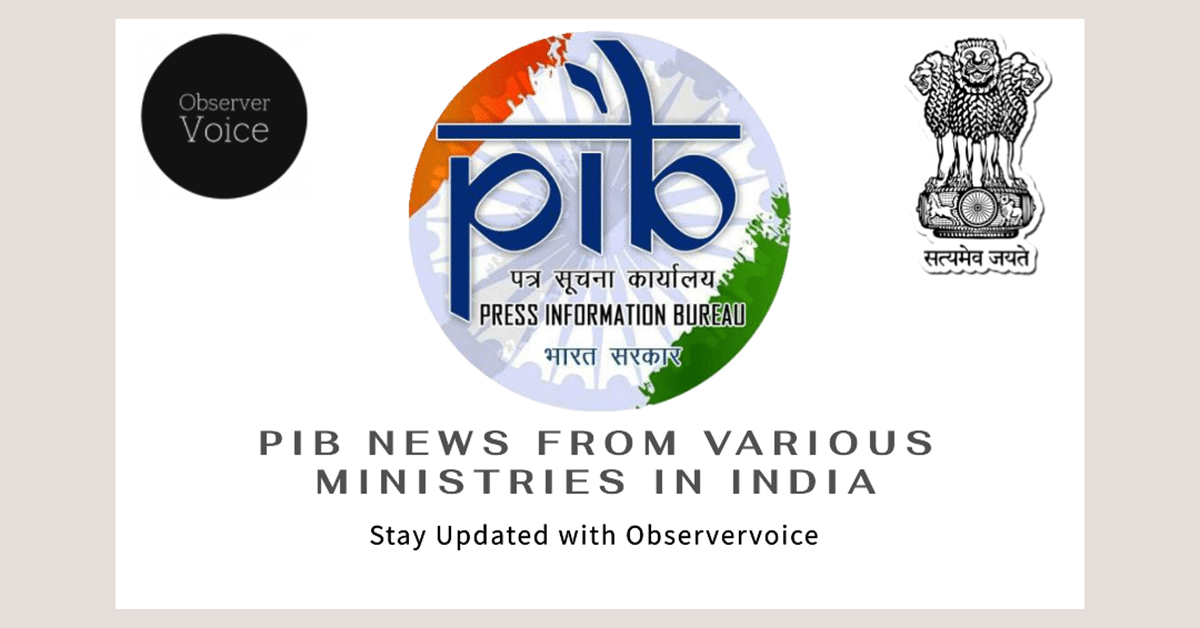Strengthening Public Healthcare in India

The National Health Mission (NHM) plays a crucial role in enhancing the public healthcare system in India. Under the Ministry of Health and Family Welfare, NHM provides both technical and financial support to states and union territories (UTs). This initiative aims to improve healthcare services, especially in rural and underserved areas. The government focuses on recruiting healthcare professionals and upgrading medical equipment and technologies. This article explores the various strategies and incentives implemented under NHM to strengthen healthcare delivery across the country.
Incentives for Healthcare Professionals
To address the shortage of healthcare professionals in rural areas, NHM offers several incentives. These incentives are designed to attract doctors to serve in remote locations where healthcare services are often lacking. One significant incentive is the hard area allowance. This allowance is provided to specialist doctors who work in rural and remote areas. It helps make their residential quarters more appealing, encouraging them to serve in public health facilities.
Additionally, NHM provides honorariums to gynecologists, pediatricians, and anesthetists trained in emergency care. This initiative aims to increase the availability of specialists for conducting cesarean sections and other critical procedures in rural areas. The program also includes special incentives for auxiliary nurses and midwives to ensure timely antenatal checkups and promote adolescent reproductive health activities.
States have the flexibility to offer negotiable salaries to attract specialists. This “You Quote We Pay” strategy allows states to tailor compensation packages based on local needs. Non-monetary incentives are also available, such as preferential admission in postgraduate courses for staff serving in difficult areas. These measures aim to improve the overall quality of healthcare services in underserved regions.
Modernizing Medical Equipment and Technologies
The NHM has initiated various programs to modernize and upgrade medical equipment in public hospitals. This modernization is vital for providing accurate and efficient healthcare services. The Indian Public Health Standards (IPHS) 2022 outlines the minimum standards for equipment availability at each level of healthcare. This framework ensures that healthcare facilities are adequately equipped to deliver quality services.
Under NHM, the Ministry of Health and Family Welfare supports states and UTs in strengthening diagnostic services. This includes providing diagnostic equipment based on assessments of existing gaps in healthcare facilities. The goal is to enhance the capacity of public health institutions to diagnose and treat patients effectively.
One of the innovative solutions introduced is the e-Sanjeevani platform. This platform facilitates remote consultations, significantly reducing the burden on physical healthcare facilities. It consists of two modules: e-Sanjeevani OPD for doctor-to-patient consultations and e-Sanjeevani AAMs, which connect Ayushman Arogya Mandirs with specialist doctors. As of December 31, 2024, over 31.86 crore teleconsultations have been conducted, showcasing the platform’s effectiveness in improving healthcare accessibility.
Enhancing Patient Care and Professional Standards
The NHM is committed to enhancing the quality of care in public health facilities. One of the key initiatives is the “Mera Aspataal” patient feedback system, implemented in district hospitals. This system allows patients to provide feedback on their experiences, helping healthcare providers identify areas for improvement.
To ensure that patients receive respectful and empathetic care, NHM has established guidelines for the behavior and professionalism of healthcare staff. These guidelines are publicly available and serve as a framework for healthcare workers to follow. They emphasize the importance of treating patients with dignity and compassion, which is essential for building trust in the healthcare system.
Furthermore, the NHM budget allocates resources for the professional growth and continuous learning of healthcare personnel. This investment in human resources is crucial for improving health outcomes and ensuring that healthcare workers are equipped with the latest knowledge and skills.
Observer Voice is the one stop site for National, International news, Sports, Editor’s Choice, Art/culture contents, Quotes and much more. We also cover historical contents. Historical contents includes World History, Indian History, and what happened today. The website also covers Entertainment across the India and World.

